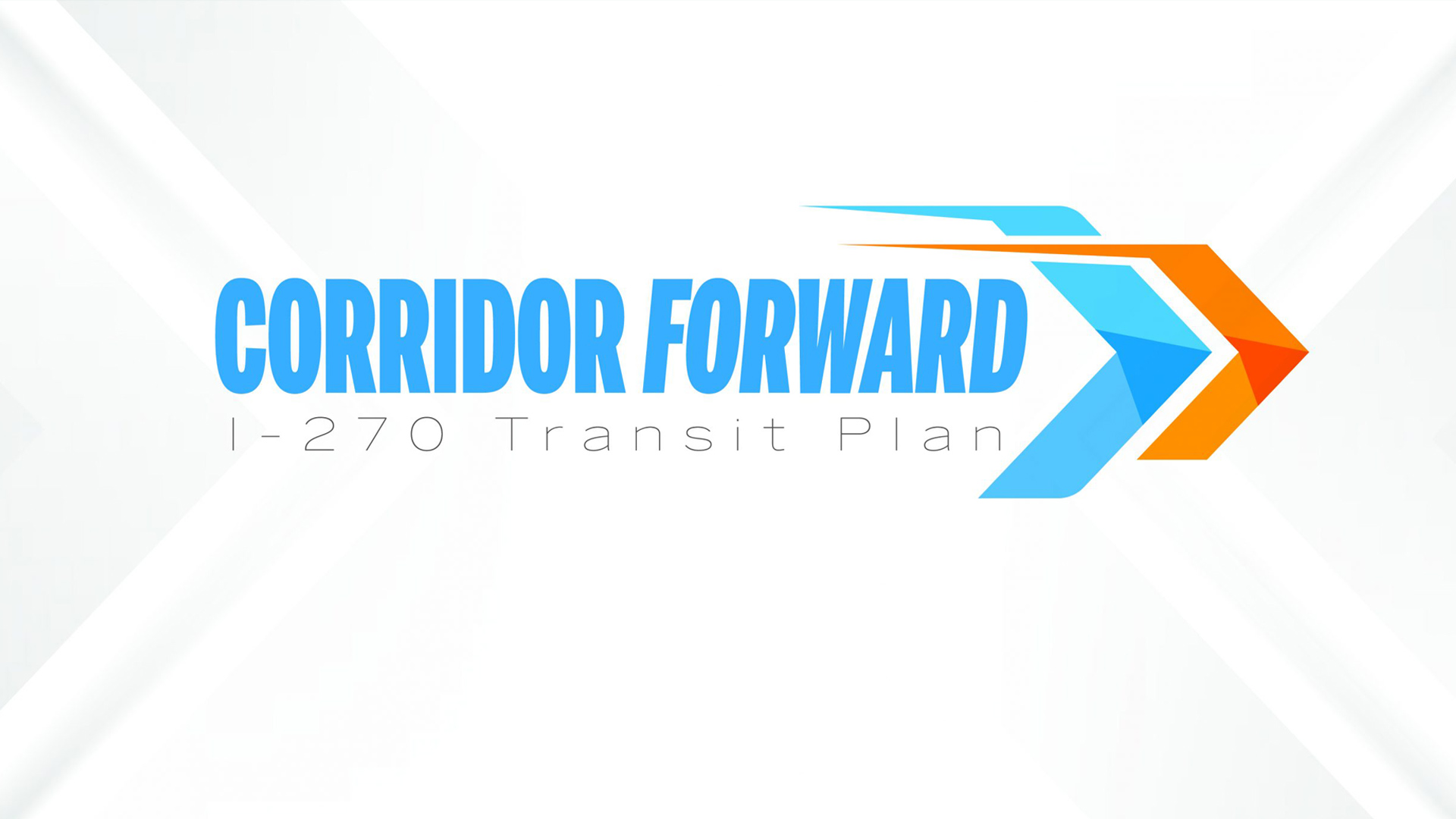
Montgomery Planning staff provided updates on plan’s pre-screening work and outlined project’s approach to studying Corridor Cities Transitway
WHEATON, MD – The Montgomery County Planning Department, part of The Maryland-National Capital Park and Planning Commission, briefed the Montgomery County Planning Board on the current progress of the Corridor Forward: The I-270 Transit Plan during the Board’s February 18 virtual meeting. The briefing included updates on the plan’s pre-screening work and information about the project’s approach to studying the Corridor Cities Transitway.
Watch the briefing on-demand and view the staff report.
During the first phase of the project, Montgomery Planning staff developed 13 transit project options that could serve communities along the I-270 corridor. The recently completed pre-screening analysis organized projects by approximate cost, geographic extent, travel time competitiveness, and equitable access for communities and employment areas. From the original 13 transit options, the six options that emerged out of the pre-screening process for further analysis are:
- Monorail or Light Rail between Shady Grove and Frederick
- Corridor Cities Transitway
- MARC station and service upgrades along the Brunswick Line
- Bus Rapid Transit (BRT) running along I-270 from Frederick to Northern Virginia and Corridor Cities enhancements
- WMATA Red Line extension to Germantown
- Purple Line extension to Tysons, Virginia
Although the pre-screening process identified these six projects based on their potential benefit, further evaluation will take place throughout the remainder of the plan’s process, culminating in a prioritized list of transit options and an implementation plan to serve residents and employees along the I-270 corridor.
Staff also provided an update on their outreach efforts for the plan, including signage on RideOn buses as well as mailers to residents within communities along the I-270 corridor to encourage participation in the plan’s Transit Values Questionnaire.
Analysis of the transit options that advance through pre-screening will continue throughout winter/spring 2021, and the public will be invited to comment on priorities in summer 2021.
About the Corridor Forward Plan
The Corridor Forward Plan will produce a prioritized list of transit options and an implementation plan detailing the milestones and resources necessary for Montgomery County to provide transit to residents and workers within communities along the I-270 corridor. The plan process includes a phased approach with opportunities for public input. Montgomery Planning and its consultant team are analyzing the costs and benefits of potential transit options for the I-270 corridor. With the community’s input, Montgomery Planning will then prioritize transit options based not only on ridership and travel times, but also on the county’s strategic, economic, environmental and equity values. Then, Montgomery Planning will identify the major steps needed for the county to realize the highest-priority project(s) when funding is available. Without a clear understanding of corridor transit priorities, funding resources could be spread thinly across multiple projects, making it more difficult to advance any single option.
To create the plan, Montgomery Planning is working with state and county agencies, neighboring jurisdictions, County municipalities, advocacy groups, and community members as we develop transit options and an evaluation methodology. Montgomery Planning will engage community members about their needs and values related to transit through the Corridor Forward Plan’s Transit Values Questionnaire.
Is the Corridor Forward Plan part of the Managed Lanes project?
Corridor Forward is not part of and is not proposing an alternative to the State of Maryland’s I-495 and I-270 Managed Lanes projects. If these projects are constructed, they should generate toll revenue that could support regional transit projects by providing a direct subsidy to the impacted jurisdictions or through an agreement on projects to construct.
The Corridor Forward Plan recommendations will likely be complete prior to the construction of the State’s toll lanes and may inform conversations about how future revenue generated by the Managed Lanes project could potentially be directed. As directed by the Board of Public Works. The State intends to negotiate tolling revenue shares with impacted jurisdictions, including Montgomery County. These negotiations could end with agreements to construct transit facilities or to provide jurisdictions with lump sum payments. The plan will not compare the potential of transit against the State’s highway projects and will not evaluate roadway capacity projects. Highway projects are currently under study by the State through separate processes.